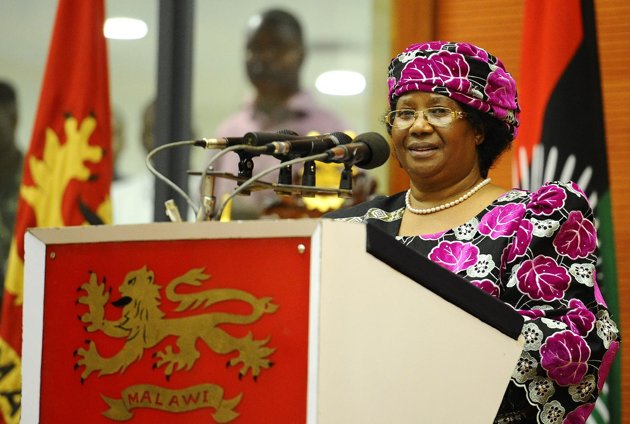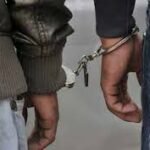No featured image set for this post.
Banda’s big job is to put Malawi back on its feet
Published on April 23, 2012 at 7:50 AM by FACE OF MALAWI
IT’S been a significant political fortnight in Southern Africa. The death of Malawi’s President Bingu wa Mutharika led to the inauguration of the region’s first (and sub-Saharan Africa’s second) female head of state in Joyce Banda.
One of the world’s poorest countries, Malawi now has another chance to get things right. An estimated 75% of its 15 million people live on under $1 a day.
Bingu, the pan-Africanist who changed his name from Brightson Thom in the 1960s, made them considerably poorer. He led a destructive combination of personal excesses (such as the purchase of a presidential jet, because the Brits cut aid by the same amount), an ill-thought-out and unsustainable seed and fertilizer extension scheme (encouraging corruption), worsening relations with his neighbors (notably Zambia and Mozambique), the maintenance of a fixed exchange rate (which made exports difficult and dried up forex, leading to widespread petrol shortages), rampant government spending and consumerism, ethnic padding of key positions (by his minority Lomwe grouping), and falling out with his deputy, Joyce Banda, who is now the president. He was a caricature of a wannabe African despot.
The suddenness of Bingu’s demise undid his plans to install his brother, foreign minister Peter, as president. The army, in particular, stood firm in protecting the constitution against such blatant rigging. And Banda was steadfast, too, in ensuring these plans quickly foundered.
Similarly resolute she will need to be in restoring the nation’s economy to health and in building unity. To do this, she will have to swiftly make a difference – along the lines of what Africa’s other female head of state, Liberia’s Ellen Johnson-Sir leaf, did with her 150-day programme to restore basic services to Monrovia back in 2006.
Such a Malawian version would have to allow the kwacha to adjust to market value to get petrol flowing, change the tobacco sales system from auctions to direct contracting between the seller and buyer, fix air links and boost tourism by concessioning the broken airline, and set a long-term economic vision for the country.
No small agenda then. Good thing she is a woman of great energy and integrity.
This week, too, President Jacob Zuma gave a speech in Pretoria on the occasion of the National Intelligence Service Day commemoration. He noted that “the incidents in North Africa points [sic] to new dimensions of conflicts from which we have to draw lessons, for example, the manner in which foreign powers pursue their regime-change agenda at all cost. Therefore, our ability to deliver on the national objectives is closely related to our ability to understand and influence the external environment”.
In other words, in his view, the gap between foreign and domestic threats is narrowing. But the lesson from Malawi is that it is not nasty foreigners who are out to do African people harm, but small elites within governments who are keen to perpetuate their privilege.



